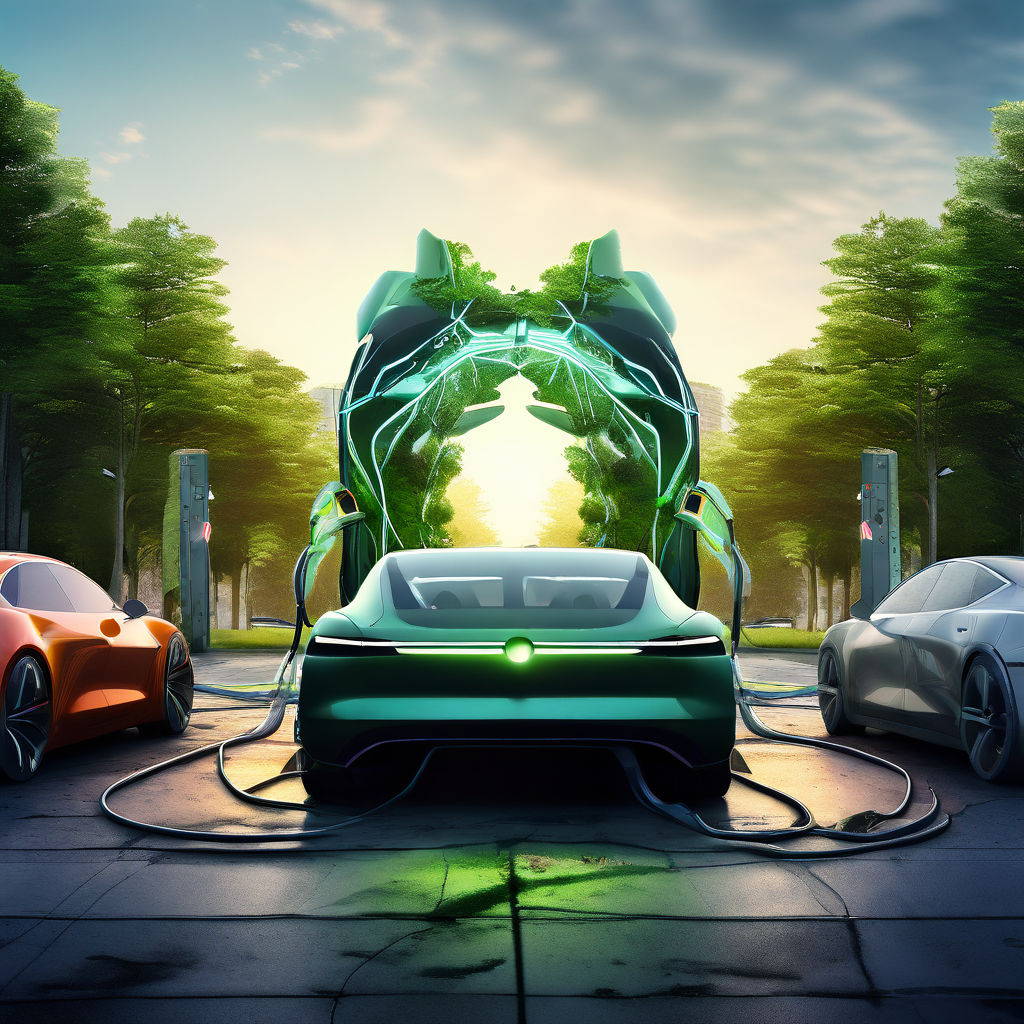
Choosing the right type of vehicle for your needs can be challenging, especially with the diverse options available today. Electric, hybrid, and gasoline cars each offer distinct advantages and drawbacks. This guide provides a detailed comparison of these three types of vehicles, helping you make an informed decision based on your preferences and requirements.
1. Electric Cars
1.1. What Are Electric Cars?
Definition: Electric cars are powered entirely by electricity stored in batteries. They use electric motors instead of internal combustion engines.
Key Components:
- Battery Pack: Stores electrical energy.
- Electric Motor: Converts electrical energy into mechanical power.
- Charging Port: Used to recharge the battery.
1.2. Advantages
- Zero Emissions: Electric cars produce no tailpipe emissions, making them environmentally friendly.
- Lower Operating Costs: Electricity is generally cheaper than gasoline, and electric cars have fewer moving parts, leading to lower maintenance costs.
- Quiet Operation: Electric motors are quieter compared to gasoline engines.
1.3. Considerations
- Range Limitations: Many electric cars have a limited driving range on a single charge. For example, the Tesla Model 3 Long Range offers up to 358 miles of range.
- Charging Infrastructure: Availability of charging stations may vary by location. Home charging is an option but requires installation of a charging unit.
- Initial Cost: Electric cars can be more expensive upfront, although incentives and tax credits can offset the cost.
2. Hybrid Cars
2.1. What Are Hybrid Cars?
Definition: Hybrid cars combine an internal combustion engine with an electric motor. They use a combination of gasoline and electric power to enhance fuel efficiency.
Types of Hybrids:
- Full Hybrids: Can operate on electric power alone, gasoline power, or a combination. Example: Toyota Prius.
- Plug-In Hybrids: Can be charged via an external source and have a larger electric-only range. Example: Chevrolet Volt.
- Mild Hybrids: Use electric power to assist the gasoline engine but cannot drive on electric power alone. Example: Honda Insight.
2.2. Advantages
- Improved Fuel Efficiency: Hybrids generally offer better fuel economy compared to gasoline-only vehicles. For instance, the Toyota Prius achieves an estimated 54 mpg combined.
- Reduced Emissions: Lower emissions than traditional gasoline vehicles due to the use of electric power.
- Extended Range: Hybrids don’t rely solely on battery power, so they can travel longer distances than most electric cars on a single tank of gasoline.
2.3. Considerations
- Complexity: The dual powertrain system can make hybrids more complex and potentially more expensive to repair.
- Cost: Although hybrids can be more economical in the long run, they often have a higher initial purchase price compared to gasoline cars.
- Battery Replacement: Hybrid batteries may need replacement after several years, though they generally have long lifespans.
3. Gasoline Cars
3.1. What Are Gasoline Cars?
Definition: Gasoline cars use an internal combustion engine powered by gasoline. They are the most traditional type of vehicle.
Key Components:
- Internal Combustion Engine: Burns gasoline to produce power.
- Fuel Tank: Stores gasoline.
- Exhaust System: Manages emissions and noise.
3.2. Advantages
- Wide Availability: Gasoline cars are widely available and have a well-established refueling infrastructure.
- Lower Initial Cost: Generally less expensive to purchase compared to electric and hybrid vehicles.
- Variety: Offers a broad range of options in terms of size, performance, and features.
3.3. Considerations
- Higher Emissions: Gasoline cars produce more greenhouse gases and pollutants compared to electric and hybrid vehicles.
- Fuel Costs: Gasoline prices can fluctuate, and the cost of fuel can add up over time.
- Maintenance Costs: Internal combustion engines have more moving parts and may require more frequent maintenance, such as oil changes.
4. Comparative Analysis
4.1. Cost of Ownership
- Electric Cars: Higher upfront costs but lower operating and maintenance costs. Incentives and tax credits can help reduce the initial investment.
- Hybrid Cars: Moderate initial costs with improved fuel efficiency and lower emissions. Maintenance can be more complex.
- Gasoline Cars: Lower initial cost but higher long-term fuel and maintenance expenses.
4.2. Environmental Impact
- Electric Cars: Best choice for reducing emissions and environmental impact.
- Hybrid Cars: Lower emissions than gasoline cars, but still produce some pollutants.
- Gasoline Cars: Highest emissions and environmental impact.
4.3. Convenience and Practicality
- Electric Cars: Ideal for urban areas with good charging infrastructure and shorter commutes. Long-distance travel may require planning for charging.
- Hybrid Cars: Suitable for a variety of driving conditions and offers flexibility with both electric and gasoline power.
- Gasoline Cars: Convenient with widespread refueling stations but less efficient in terms of fuel economy and emissions.
5. Making Your Choice
5.1. Assess Your Needs
- Daily Commute: Electric cars are ideal for short commutes with access to charging stations.
- Long-Distance Travel: Hybrids and gasoline cars are better for long trips and areas with limited charging infrastructure.
- Environmental Concerns: Electric cars offer the greatest environmental benefits.
5.2. Budget Considerations
- Initial Investment: Consider the upfront cost of the vehicle and available incentives for electric cars.
- Long-Term Savings: Factor in fuel savings, maintenance costs, and potential resale value.
Conclusion
Choosing between electric, hybrid, and gasoline cars involves evaluating various factors such as cost, environmental impact, and driving needs. Electric cars lead in environmental benefits and lower operating costs, hybrids offer a balance of efficiency and flexibility, and gasoline cars provide affordability and widespread convenience. Assessing your specific requirements and preferences will guide you in selecting the best vehicle type for your lifestyle and budget.

